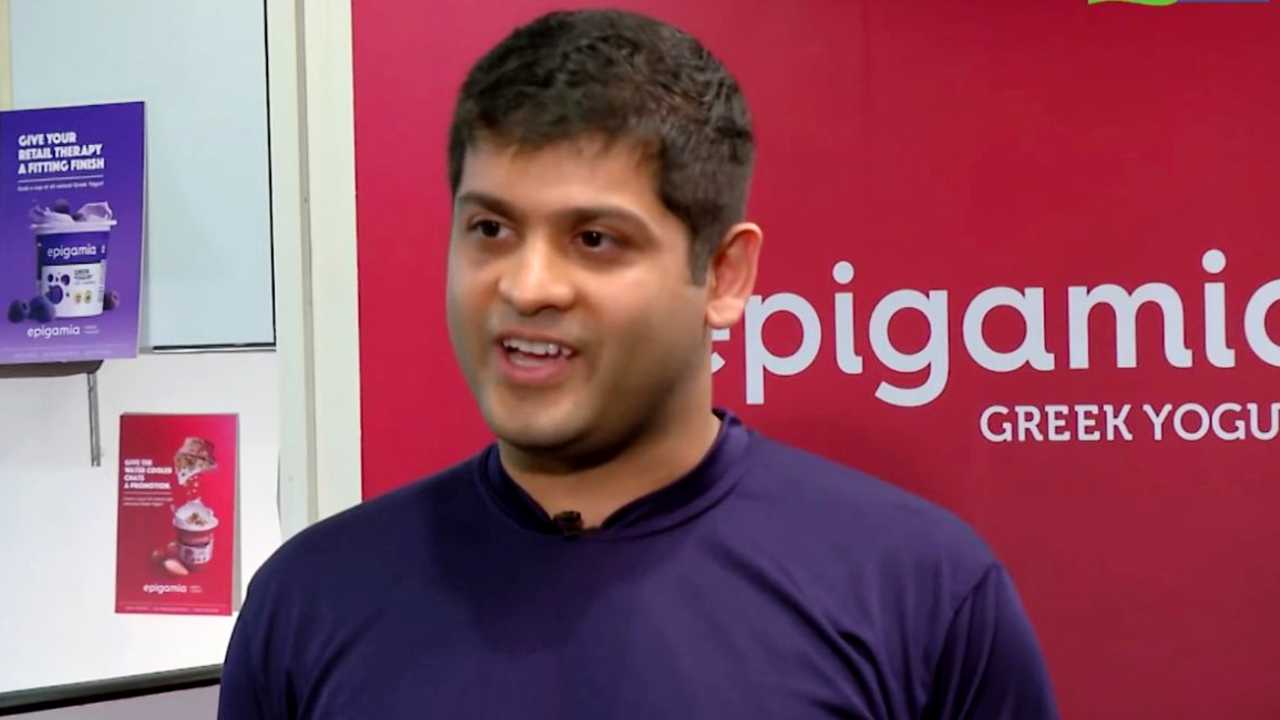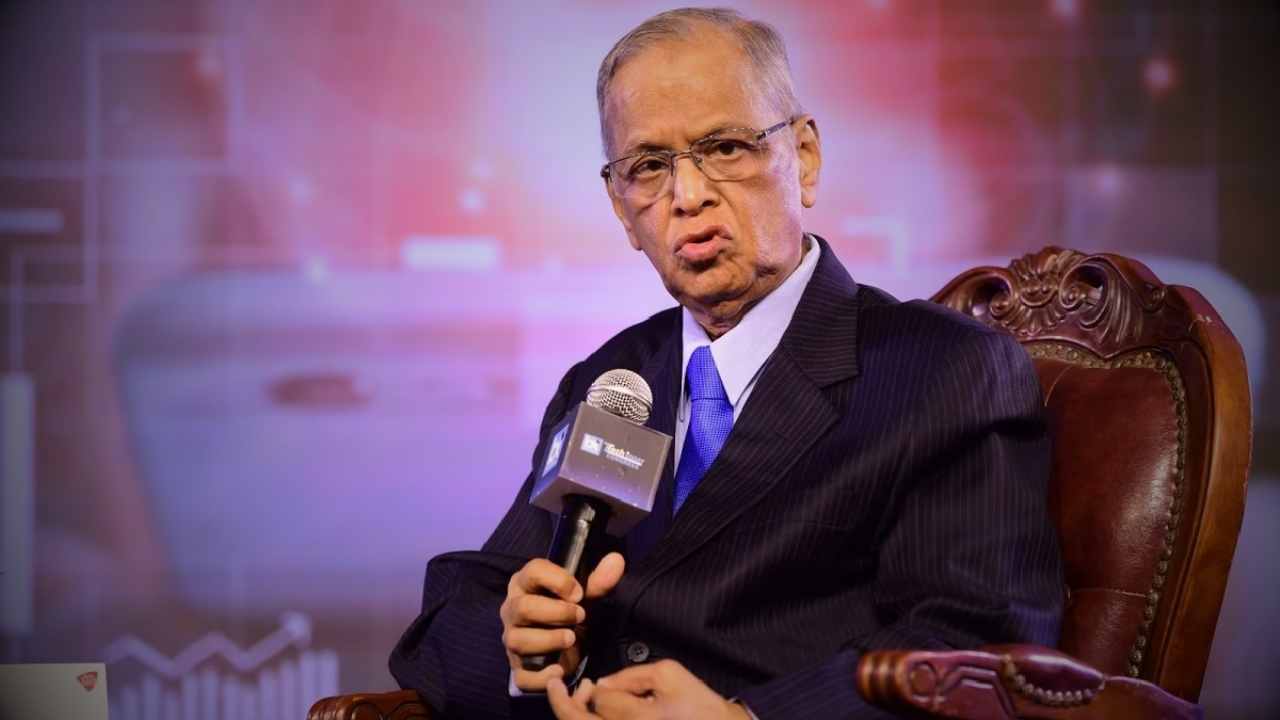The Importance of Investing Over Saving
Navneet Singhal, a 48-year-old IT professional, represents many individuals who prioritize saving but overlook the critical aspect of investing. While he diligently saves a portion of his income every month, the funds remain stagnant in his bank savings account, earning a mere 4% interest. Despite being aware that strategic investments could yield significantly higher returns, he continues to delay this important financial step.
Understanding the Difference in Returns
Savings accounts provide security but often fail to keep pace with inflation. For instance, while Singhal’s savings have earned him only Rs 60,000 in interest over three years, had he invested Rs 5 lakh in equity mutual funds, he could have witnessed his investment grow to approximately Rs 7.5 lakh, thanks to an average CAGR return of 20%. This stark difference illustrates the opportunity cost of leaving money idle in low-yield savings accounts.
Misplaced Trust in Savings Accounts
Like Singhal, many individuals hoard cash in their savings accounts, inadvertently falling into the trap of missing out on lucrative investment avenues. Experts emphasize that while maintaining some liquidity is essential for unexpected expenses, excessively hoarding cash can result in diminished purchasing power, as inflation erodes the value of savings over time.
Exploring Alternative Investment Avenues
Suppose you have Rs 4 lakh deposited in a fixed bank account at 7% annual interest; you would receive Rs 28,000 in interest in a year. However, if this amount were to be invested in hybrid or equity funds, yielding returns of 9% and 12%, your earnings could rise to Rs 36,000 or Rs 48,000, respectively. Such potential highlights the advantages of making informed investment choices.
Inflation and the Value of Money
According to Tivesh Shah, founder of True-Worth Finsolutions, keeping a large sum in a savings account becomes increasingly precarious as inflation rates surpass interest rates. Financial advisors recommend balancing immediate savings needs with investments to create a robust financial strategy. Establishing an emergency fund is also essential, allowing for liquidity during sudden financial needs without incurring debt.
Utilizing Bank Features for Better Returns
For those hesitant to part with their savings, many banks offer automatic transfer features, allowing funds to be transitioned into fixed deposits or high-yield savings accounts. Banks such as Axis Bank, HDFC Bank, ICICI Bank, IndusInd Bank, and Kotak Mahindra Bank provide such options, providing flexibility along with improved interest rates—typically around 7%—while allowing for easy access when necessary.
Tailoring Your Investment Strategy
Investment options are plentiful, and individuals should select investments aligned with their risk tolerance. For conservative investors, arbitrage funds offer low risk with favorable tax-adjusted returns, while equity funds are better suited for long-term investors willing to ride out market fluctuations. Hybrid funds provide a versatile approach by combining investments in both debt and equity, catering to varying risk appetites.
Conclusion: The Path to Financial Growth
In summary, the move from saving to investing is pivotal in achieving financial growth and stability. By understanding the available options and committing to strategic investments, individuals like Navneet Singhal can pave the way toward a brighter financial future. The key is to take that first step—invest wisely to ensure your money grows over time and stays ahead of inflation.











